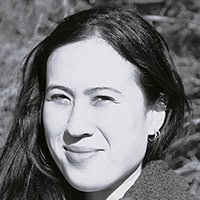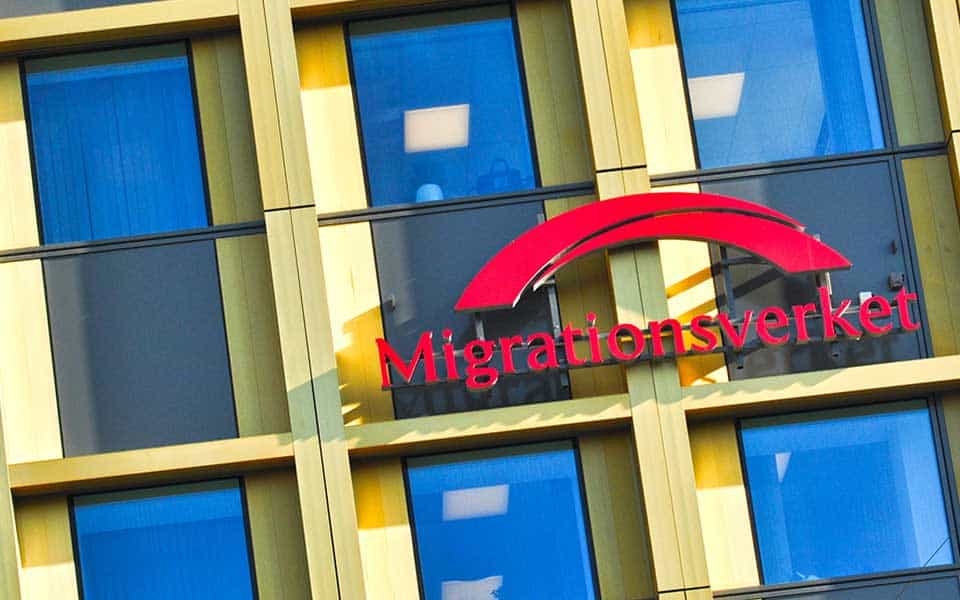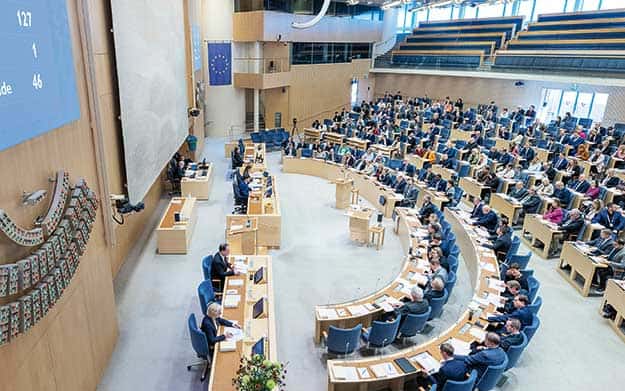Now that threats to foreign researchers in the US are making headlines worldwide, Minister of Education Johan Pehrson (L) recently seized the opportunity to position Sweden as a bastion of academic freedom that welcomes international talent – proclaiming that the country “has fantastic conditions to support researchers outside of Europe who are affected by the ongoing restrictions.”

Aimee Miles
Spokesperson for the SULF Doctoral Candidate Association
To the scores of international researchers who already reside in Sweden, and have struggled in recent years with an increasingly adversarial, intractable migration bureaucracy that suppresses our research potential and inhibits equal participation in academic life, that statement rings false.
Foreign researchers represent a growing portion of the academic workforce in this country, but many of us (particularly early career researchers) have experienced a loss of autonomy and professional opportunity since the government imposed broad anti-immigration reforms in 2021. The migration system now subjects us to more onerous assessments, restricts our capacity to travel for work, and prohibits us from gaining a stable residence status or pursuing long-term career opportunities in Sweden. Any rights we may have on paper are voided by this chronic state of insecurity.
Foreign PhD students, as well as dissident and refugee scholars, are particularly vulnerable. Not only must we compromise our research goals to accommodate migration obstacles (which subverts the Higher Education Act’s quality assurance objectives), we rely on support from academic supervisors to maintain our residence status and have few rights of recourse when documentation is withheld out of negligence or malice. As to whistleblower protections: would you feel comfortable reporting a PI who had plagiarized your work, asked you to take on uncompensated assignments, or targeted you for harassment, knowing that your future in Sweden could be jeopardized in turn?
All academics should have the agency to make basic decisions about their research trajectories, engage in open intellectual discourse and collaboration, and initiate critical discussions about their work environment. Punitive migration policies not only marginalize non-EU/EEA researchers by pitting our research priorities against our immigration prospects, they stifle academic freedom and undermine the integrity of higher education in a country that trades heavily on its reputation as a model democracy.
Universities cannot claim to champion research integrity, academic autonomy, and equal opportunity without acknowledging how migration insecurities severely restrict these rights for many in their community. When institutions capitulate to obstructive migration policies, they become complicit in the oppression of international scholars and run afoul of legal frameworks that guarantee academic freedom for all researchers in Sweden. At a minimum, universities must provide the resources and training to facilitate migration processes for “third country” researchers and set up regulatory systems to ensure that these communications are handled responsibly.
The US’s brazen persecution of foreign academics reflects a rising tide of authoritarianism that looms over us all. Whereas the current US administration is transparent in its contempt for non-Western immigrants and progressive intellectuals, the Swedish government instead projects a message of enfranchisement and inclusivity that skillfully masks a comparable agenda to flush out foreign researchers and exert greater control over universities.
Foreign academics in Sweden today are expendable assets in a “revolving door” economy that recruits international talent on a temporary basis to promote innovation, but systematically denies the majority an opportunity to settle or prosper here. Rather than issuing empty promises to lure top-tier talent, it’s time the government takes concrete action to reform its hostile immigration system before researchers see through the smokescreen and head elsewhere.
Aimee Miles
Spokesperson for the SULF Doctoral Candidate Association
















